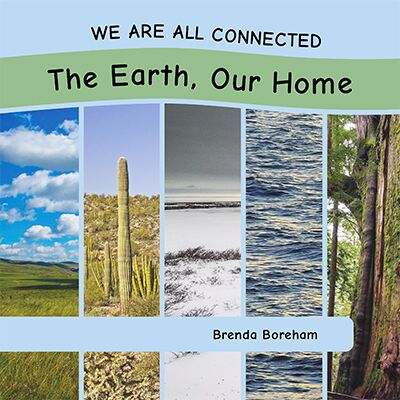Today, on National Indigenous Peoples Day, we celebrate the heritage, cultures, and achievements of First Nations, Inuit, and Métis. Below are some useful classroom resources for learning more about this day and Canada’s Indigenous peoples.
Article: “National Aboriginal Day”
https://canadianteachermagazine.com/2013/05/14/national-aboriginal-day/
In this article, readers learn more about the Indigenous people of Canada and National Indigenous Peoples Day, formerly known as National Aboriginal Day. Ideas for ways that schools can celebrate this day are also provided, and teacher resources (including a recipe to make bannock, a part of the diet of many Indigenous peoples in North America) are included.
Brenda Boreham, author of 28 titles in Strong Nations Publishing’s Aboriginal Guided Reading Series, and Terri Mack, owner of Strong Nations Publishing and member of the Da’naxda’xw Awaetlala Nation, co-author this article. The Guided Reading Series – Strong Readers – can be found here: https://www.strongnations.com/store/item_list.php?it=3&p1=1&p2=3465&cat=3465.
Website: Strong Nations Publishing
https://www.strongnations.com/
Strong Nations Publishing is a publishing house and bookstore considered to be one of the largest authentic Indigenous bookstores in North America. Their selection of Indigenous titles and related resources for students, teachers, and the general public is ever-growing, and the over 150 titles that they’ve published continue to be praised by educators seeking ways to bring authentic Indigenous content into the classroom.
 We especially recommend Strong Nations Publishing’s new We Are All Connected Series, reviewed by Cindy Haack in the Spring 2018 Issue of Canadian Teacher Magazine: https://canadianteachermagazine.com/2018/04/12/we-are-all-connected-nisgaa-ponds-and-leopard-frogs-we-are-all-connected-the-earth-our-home/. This series explores how we all live together in a shared balance upon Mother Earth and considers different Canadian ecosystems, Indigenous connections to the ecosystems, and an animal that lives within each ecosystem.
We especially recommend Strong Nations Publishing’s new We Are All Connected Series, reviewed by Cindy Haack in the Spring 2018 Issue of Canadian Teacher Magazine: https://canadianteachermagazine.com/2018/04/12/we-are-all-connected-nisgaa-ponds-and-leopard-frogs-we-are-all-connected-the-earth-our-home/. This series explores how we all live together in a shared balance upon Mother Earth and considers different Canadian ecosystems, Indigenous connections to the ecosystems, and an animal that lives within each ecosystem.
Mobile App: “Whose Land?”
https://www.whose.land/en/
The free “Whose Land?” app allows users to easily identify Indigenous Nations, territories, and communities across Canada. Educational videos are available to watch so that a better understanding of why land acknowledge is important can be gained. The maps can be used as an educational tool to create dialogue around reconciliation.












